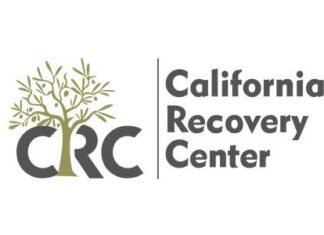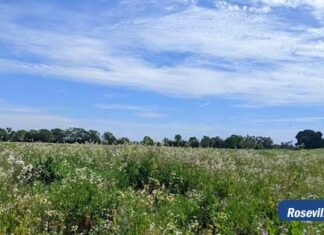Starting about two years ago, Binka Schwan, of Carefree, Arizona, couldn’t figure out what was happening physically to her now 69-year-old husband, David.
In a telephone interview, Binka said, “He started having trouble climbing stairs and also working outside. He attributed it to growing older. In March 2014, he began having trouble with the quality of his singing voice. We sang duets in church.”
At first, the Schwans saw a family doctor, who referred David to a gastro-intestinal specialist that believed David had acid reflux. David went on to see an ear, nose, and throat specialist, who said everything was fine. Binka said, “Then in September 2014, David started slurring his speech and that’s when we knew something was really wrong. We were referred to a neurologist, who (initially) thought he had Parkinson’s disease.”
The eventual diagnosis was amyotrophic lateral sclerosis (ALS), often called Lou Gehrig’s disease, which the National Institutes of Health defines as a “rapidly progressive, invariably fatal neurological disease that attacks the nerve cells responsible for controlling voluntary muscles.” David’s type of ALS was especially problematic, aggressively affecting his lungs, speech, and diaphragm. The diagnosis was devastating, said Binka. David eventually had to resign as mayor of Carefree due to public speaking and communication challenges.
With the help of friends, their church, and the city where David had been mayor, the Schwans have persevered. Said Binka, “For one, I have a girlfriend who has been sending us a bouquet of flowers every month. Also, people stop over all the time to visit. We have gotten cards, and cards, and even more cards. People just want us to know we are in their minds, which is great.” For an upcoming fundraiser benefiting the Scottsdale (AZ) ALS association chapter, a team honoring David so far has raised more than $27,000.
She said, “We take one day at a time and David has a wonderful attitude. In terms of advice, the only thing I can say is for others to be supportive, loving and caring as possible. It’s also critical to have medical professionals you have confidence in. This disease will only get worse, and you need all the help you can get.”
Binka also is national co-chair of the master handknitting committee of the Knitting Guild Association, and credits her volunteer work with that group for helping keep her life “a little more normal.”
(21+ years strong)
Welcome to the brighter side!
Get in front of local customers! 24/7 (365)





















